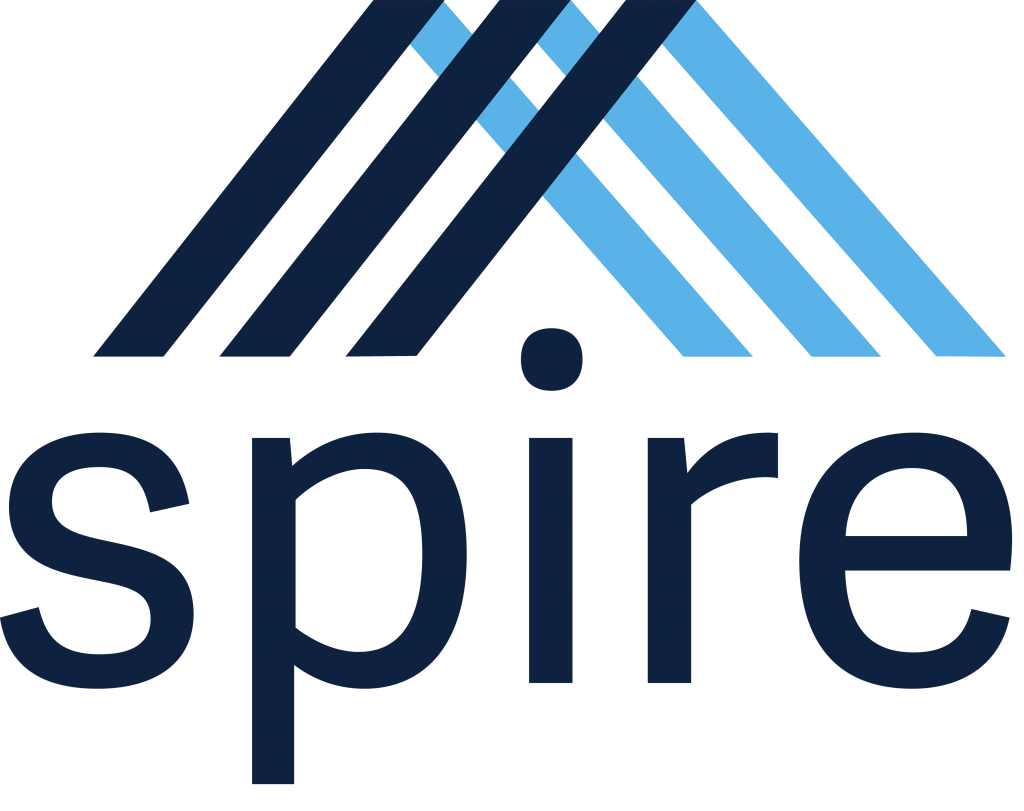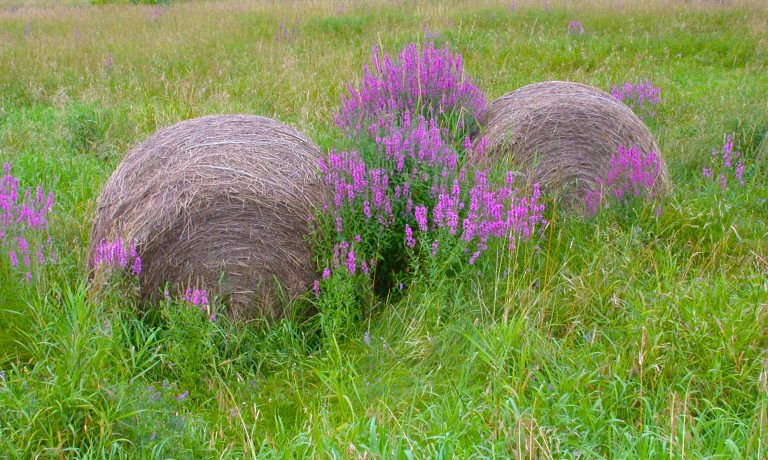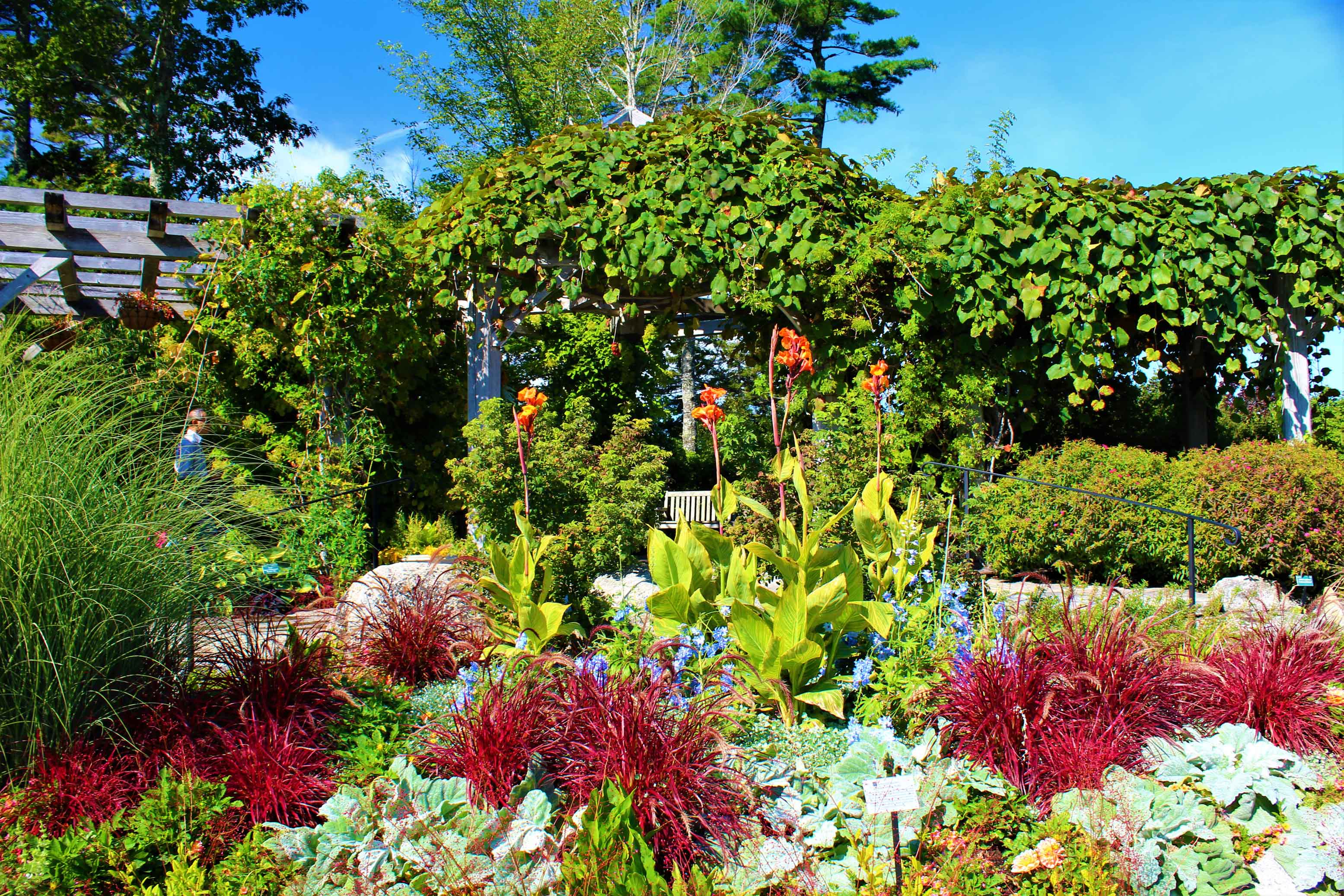Spire 2018 Issue
Spire 2018 Issue
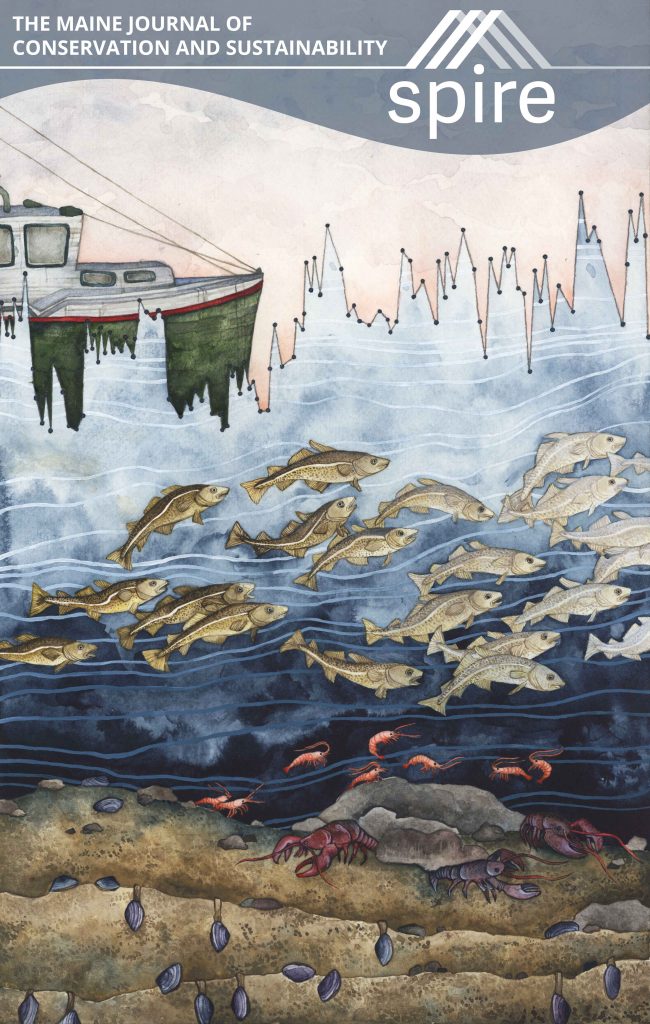
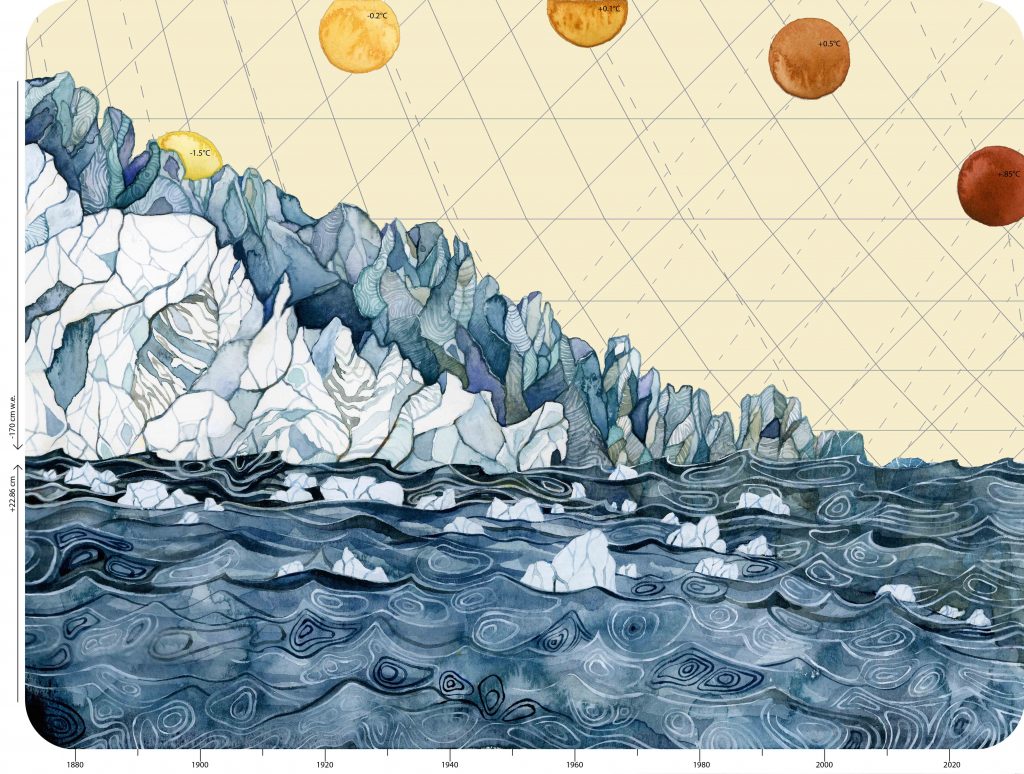
Educating for the Future We Want
Jaimie Cloud
Why educate for sustainability? The unique challenges that define our era — developing sustainable food systems, revitalizing the health of our oceans, improving the health and well-being of people, protecting biodiversity, regenerating the integrity of ecosystems, and accelerating the shift toward a green economy and clean, renewable energy (for example)—require fundamentally new ways of thinking and acting… Continue Reading
A Collection of Poems by Lenore Hildebrandt
Thinking Potatoes
French Fingerlings. Magic Molly.
In a shallow box by the window
this year’s tubers warm to the thought
of growing. They understand fertility
as a sequence of moves. Fuzzy sprouts
push from the dust-shriveled skin,
eyes urge toward an opening…

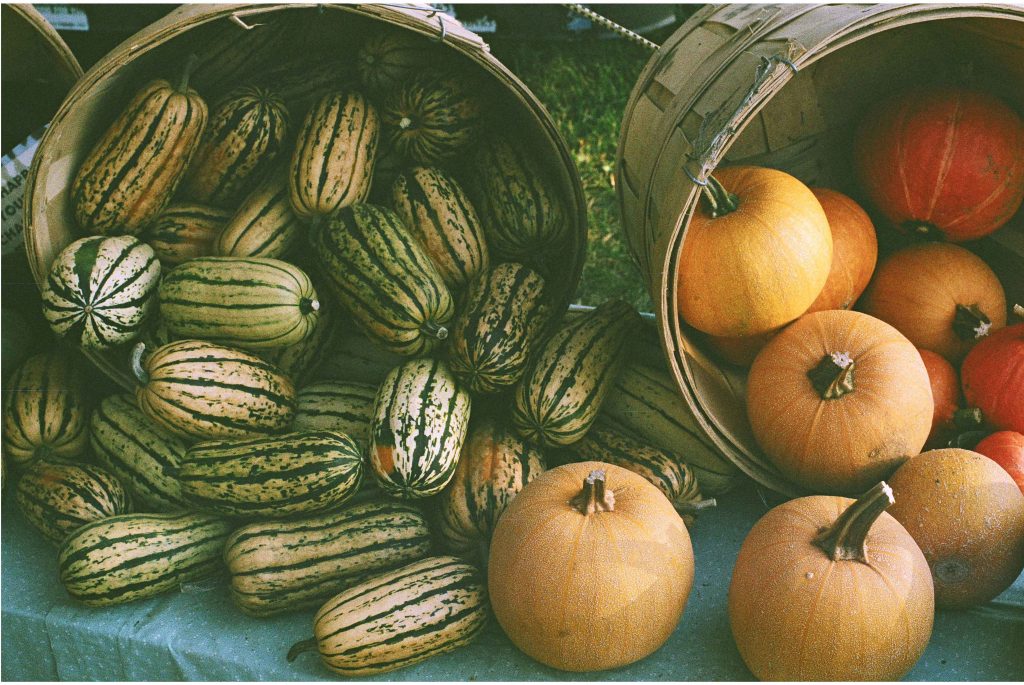
Good Food: A Human Right For All
John Jemison
This past spring, as I plunged my shovel into the dark cool soil, I reflected on the many seasons during which a diverse group of volunteers and I grew and delivered vegetables for low-income seniors. When I started my job at Cooperative Extension, I would never have imagined a project like the Orono Community Garden would become such an important part of my work. After completing my PhD in agronomy, I came to Maine to help farm families improve production, increase farm profitability, and reduce agriculture’s impact on the environment… Continue Reading
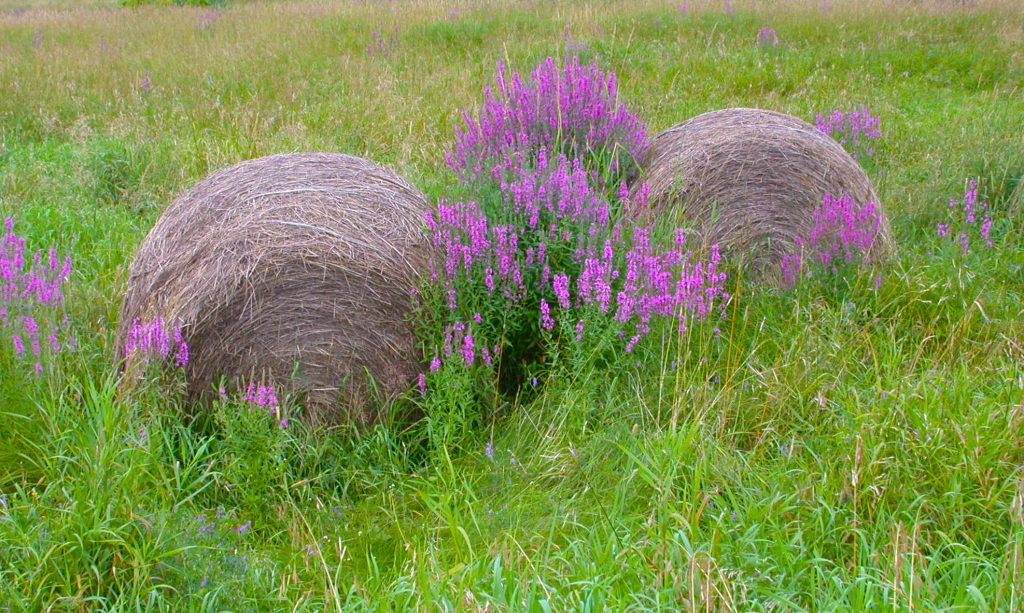
Beyond Borders
Sophia Howrey
This is a short Tanka poem for my beloved hometown. I was born and raised in the small city of Imperial Beach, California. Dubbed the “Most Southwestern City in the U.S.”, it was a pleasant place to grow up. The main street sent you straight from the shopping centers to the shoreline. You could even walk from the Tijuana Estuary into Mexico. Kids there spent their summers soaking up the gorgeous California sun, and early mornings had surfers wide awake and ready for the waves… Continue Reading
Gray Cox, Moises Flores Baca, Nicholas C. Harris, Renae Lesser, Phineas Ramsey, Miguel Valencia, Stephen Wagner, and Jacob Wartell
ABSTRACT
Cultural analysis is vital for understanding the causes and patterns of energy consumption (Lutzenhizer 1992, Lutzenhizer 2008, and Stephenson 2010). Here we present a study of residential heating in Hancock County, Maine that uses a mix of ethnographic methods. The results show that previous studies of Hancock County, ME energy use dramatically underestimated the use of wood as a fuel. Additionally, we find that fuel choices are very affected by two alternative subculture patterns. These patterns involve systematic differences in root metaphors for heating, values and assumptions concerning space, time, aesthetics, costs, family structure, ways of knowing, and other aspects of life. Our results have important implications for policy change and community based efforts that aim at changing energy use. They also reveal hypotheses about comparable cultural differences in other kinds of household behaviors in Maine and other parts of the world… Continue Reading

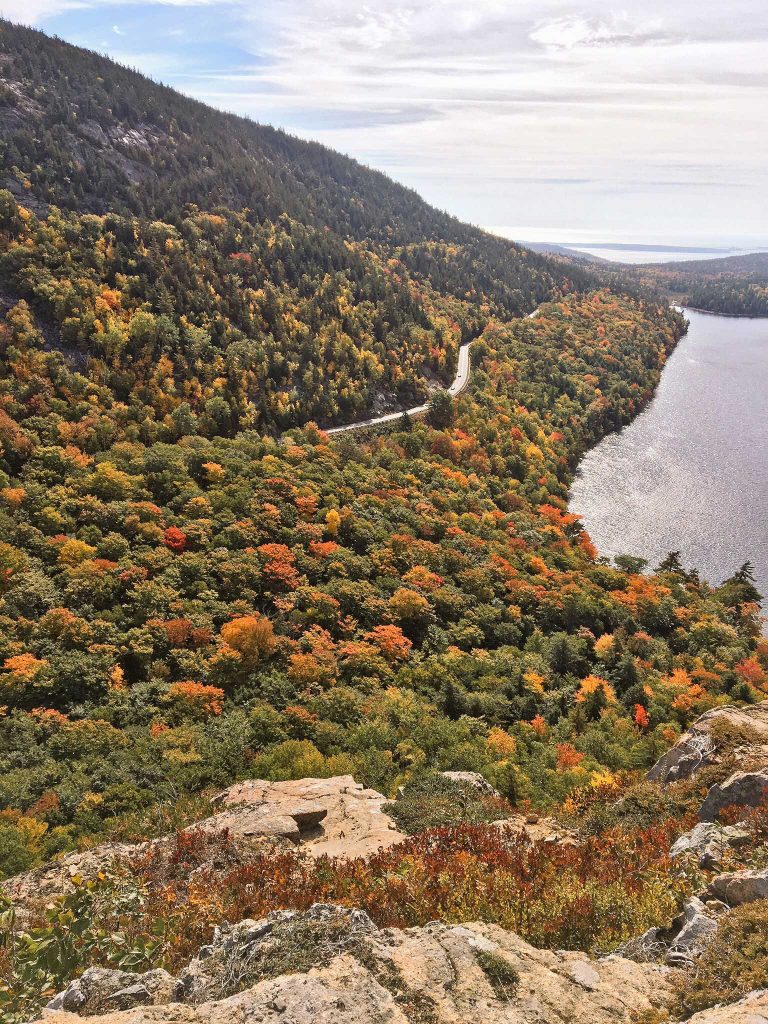
High net loss of intertidal wetland coverage in a Maine estuary by year 2100
Jack McLachlan
Abstract Rising sea levels and coastal land use are predicted to synergistically impact coastal wetlands by reducing their extent and ecosystem functioning through a process known as “coastal squeeze”. Impervious surfaces associated with coastal development prevent the natural process of wetland migration, whereby intertidal wetland area is lost at its seaward edge to rising low water lines, but is replaced by eroding uplands and accumulating new wetland at its landward edge. As these constructed surfaces prevent the replacement of lost wetland, intertidal wetlands are “squeezed” by rising sea levels until they disappear… Continue Reading


